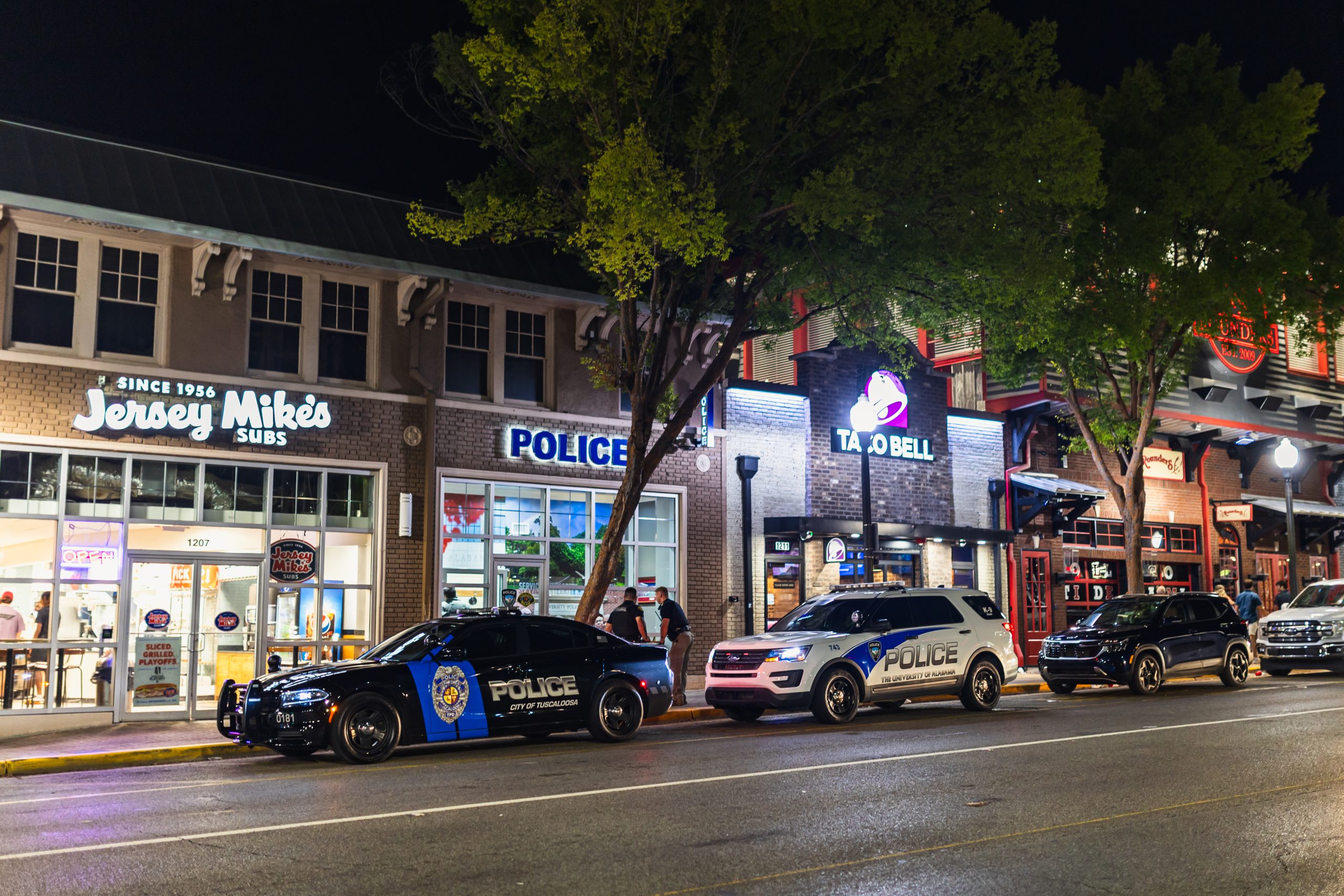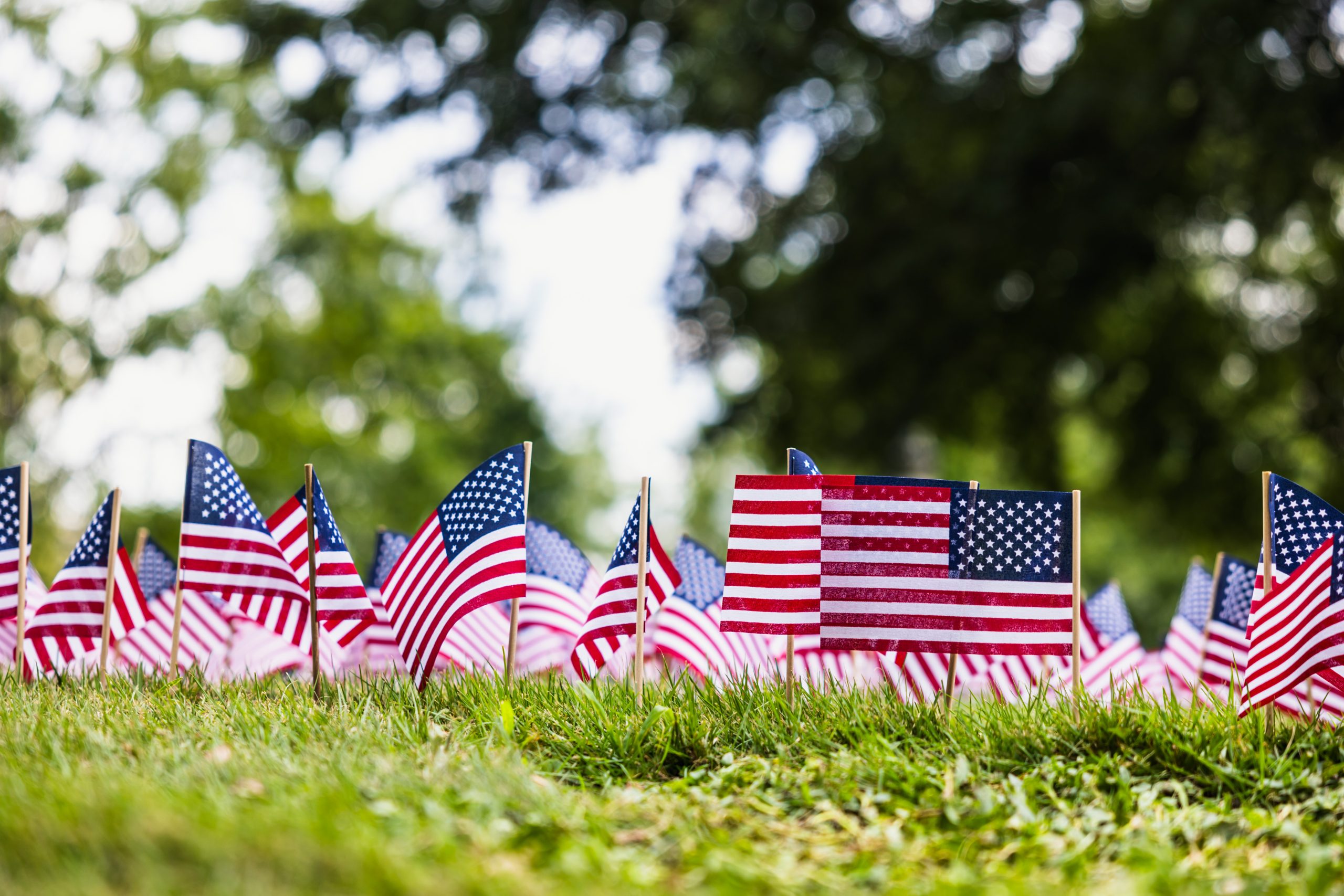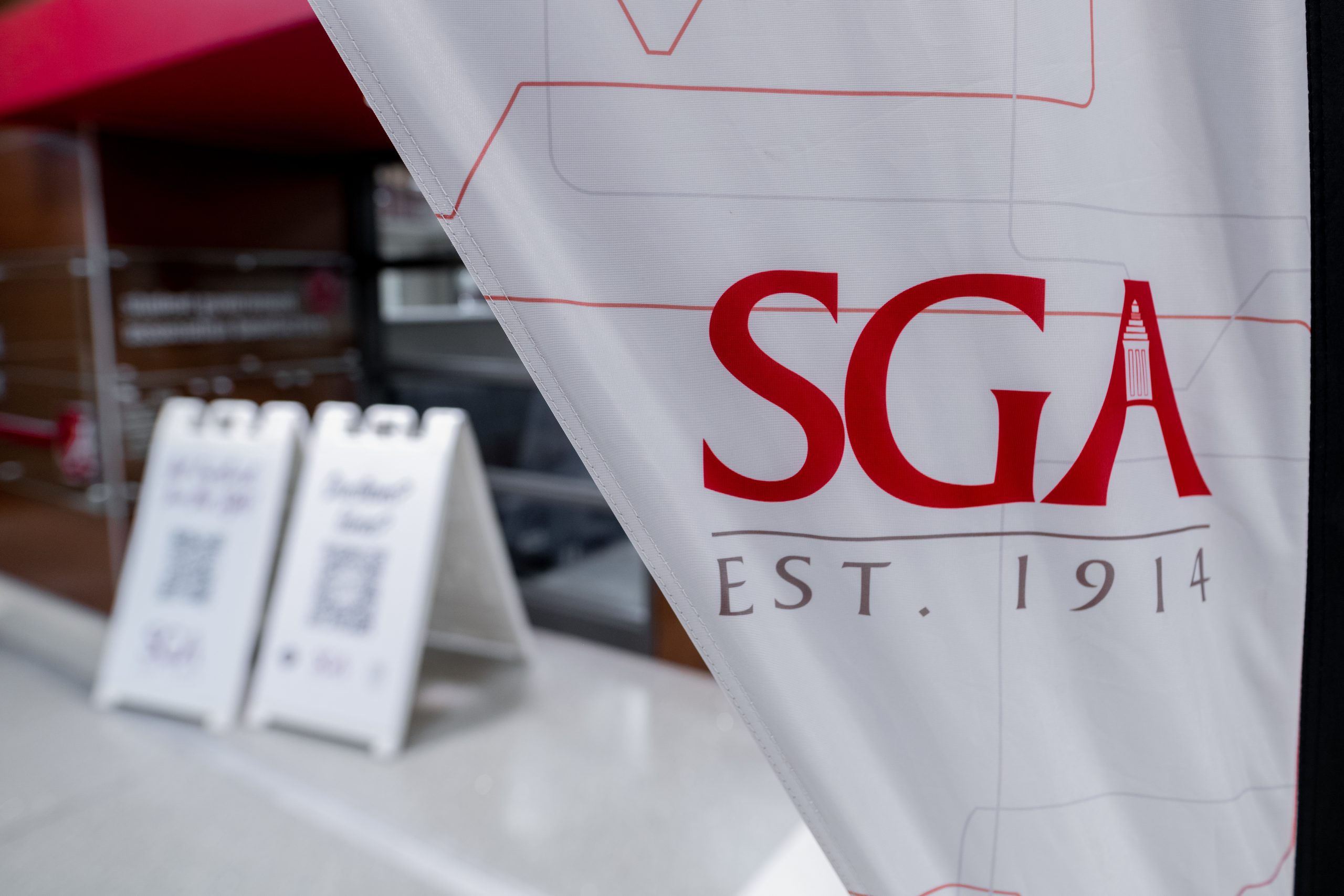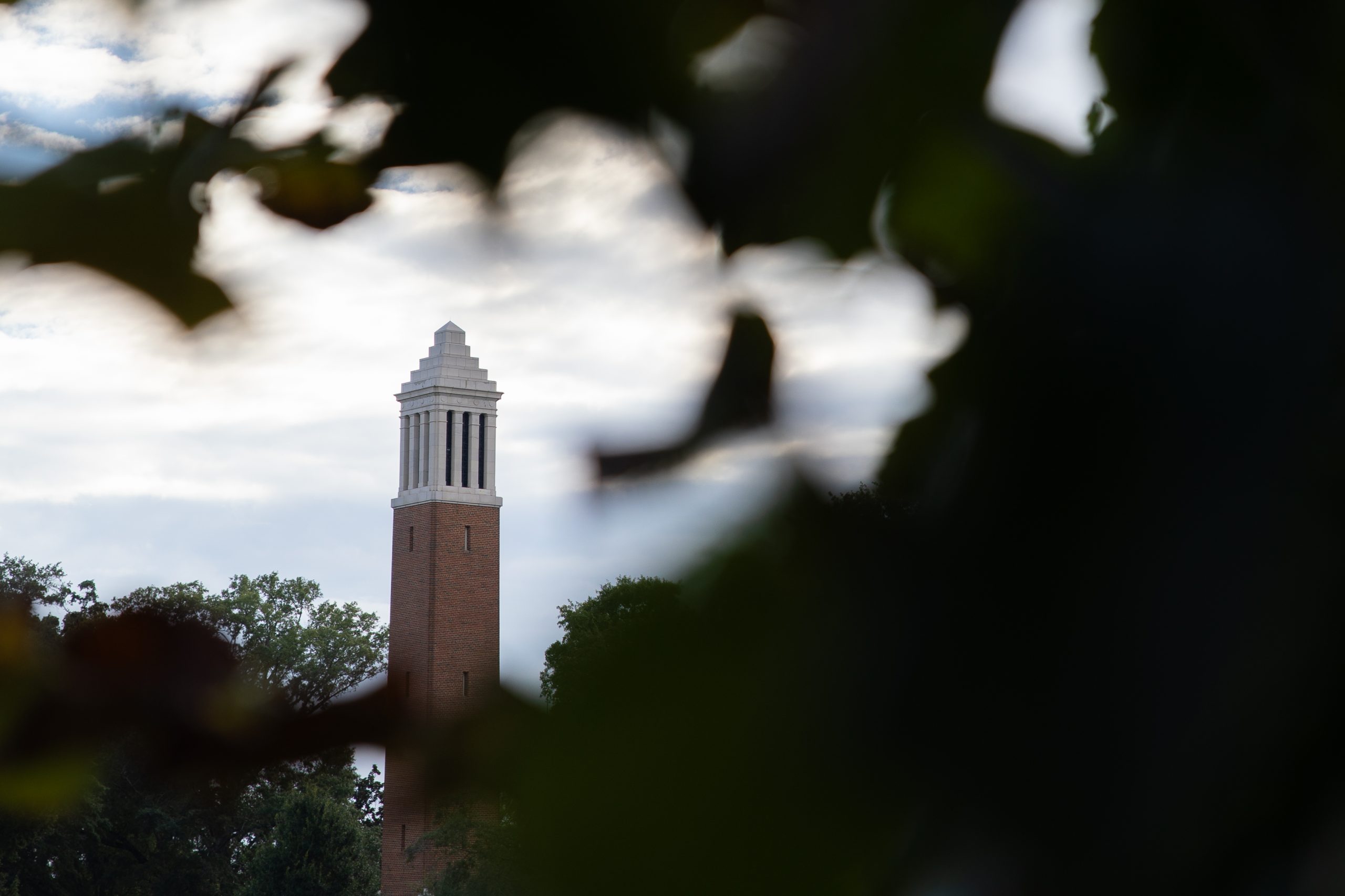Private schools can enable abuse
October 8, 2018
Lately, the news has been saturated with opinions and information about Brett Kavanaugh and Christine Blasey Ford. As the Senate Judiciary Committee has conducted their public hearings regarding Kavanaugh’s nomination to the Supreme Court, Ford’s accusations against Kavanaugh have become the key focus of news about the hearings and Kavanaugh’s nomination. Seeing public reaction to Ford’s testimony has affected different people in different ways, but it has weighed especially heavily on the hearts of survivors of sexual assault.
After living in Montgomery County, Maryland for my entire life and attending a rival high school of Kavanaugh’s, I find myself continually thinking back to the environment of my own school and schools like mine. Before coming to college, I would often drive by Georgetown Prep’s well-manicured campus and wonder about what went on inside the prestigious all-boys school.
At my own school, I believe the desire to maintain prestige and preserve a spotless image created an environment in which students were not always held fully accountable for their actions. I know of instances of sexual assault, drug and alcohol abuse, harmful social media posts and prejudiced statements and actions that I feel were not adequately addressed. Rather than risking tarnishing the reputation of the school or of an individual student, administrators would do their best to handle issues in the most discreet way possible.
Prior to receiving a scholarship and attending a prestigious private high school, I attended a poorly-funded public high school populated by students of a vastly different socioeconomic statuses. If I had not had the opportunity to experience both environments, I may have never noticed the stark differences in discipline and punishment.
Differences in socioeconomic statuses resulted in complex power structures. Money, influence and power separated the families of students at one school from another. Private schools like my own alma mater rely heavily on donations from families for their endowment. Parents and administrators at private schools in my area know each other well, and this relationship can create leverage that other students’ families may not have access to, allowing some students to get away with things that others would not be able to.
Certainly, these kinds of power structures can exist within public schools as well. Humans can be biased and therefore, student athletes, children of administrators or student government leaders may receive preferential treatment from authority figures. The added layer of extreme wealth and the resulting influence intensify this bias within private schools. Wealth disparities between students were blatantly obvious at my school, and nobody could hide from it. I find myself wondering to this day: Do donations from wealthy families change the way students are treated by administrators?
My own life experience has provided me with context to view Ford and Kavanaugh in a different light. I believe Ford. As a woman, as a student from a neighboring school and as a person, I believe her. And I hope this will be a chance for an abuser to be held accountable, despite their privilege, power, connections and background.










![NEWS | Black students reported receiving anonymous racist text messages last week with language referencing slavery; for some, however, this is not the first encounter with racism at the University, which has not publicly addressed the texts.
While those text messages were part of a larger nationwide trend, Black UA students have encountered racism both before and after the general election last Tuesday.
When freshman marketing major Alyse McCall received these text messages, part of her felt like the messages could be legitimate threats from someone local.
“A lot of the kids here are kind of crazy sometimes when it comes to politics or [when they’re] just out on the street talking about people that are another race or what they represent,” McCall said.
📸 CW / Riley Thompson
🖋️ CW / Jacob Ritondo
Read the full story at the link in our bio.
#theuniversityofalabama #universityofalabama #alabama #uofa #ua #tuscaloosa #tuscaloosaalabama #alabama #bama](https://thecrimsonwhite.com/wp-content/plugins/instagram-feed/img/placeholder.png)